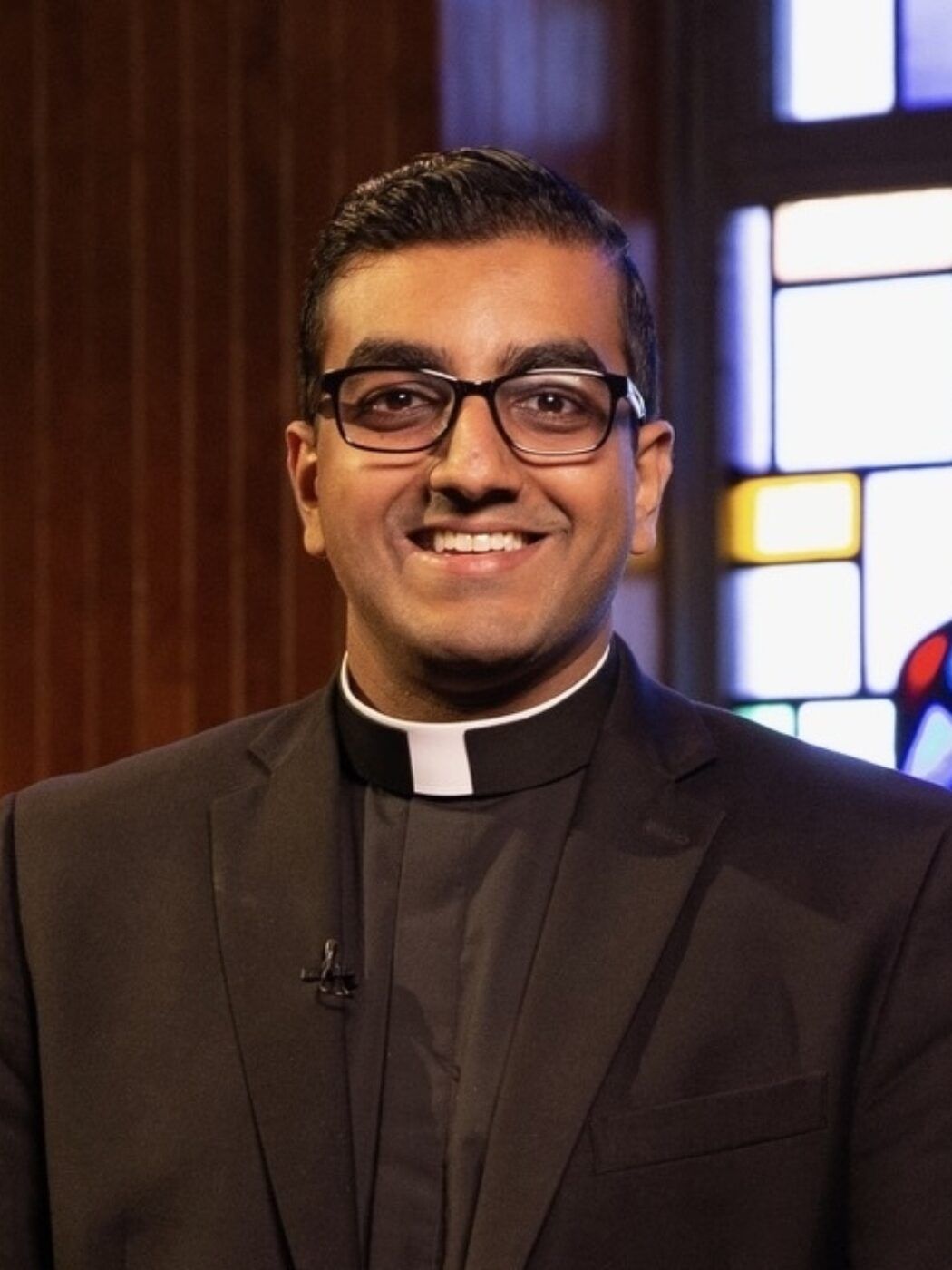Many of us are probably familiar with the expression, “What Would Jesus Do?” One might find it on a poster or its abbreviated form (WWJD) on a bracelet. It is often used as a way to help teach people, often children, to think about their actions and to act like Jesus did. There’s a beautiful sentiment in that. Of course, we are all called to grow as disciples and to imitate Christ in all things. But, when we take that sentiment and we follow the logic to its conclusion, we would find ourselves asking yet another question - do I know what Jesus would do?
In the Gospels, we have many direct accounts of Jesus’s actions - we see Him caring for the forgotten and marginalized, calling people to repentance, offering a helping hand to the sinner, and lovingly laying down His life for others. Those recorded actions are the simple points of data that we have to know what Jesus we do, and in turn, to act as He did. But, we don’t know every single thing that Jesus did. We don’t see in Scripture what Jesus would do when trying to raise children in a hostile environment nor do we see what Jesus would do when faced with significant mental health matters. There is a lot we might be able to infer, but that becomes more difficult the less similar our situations are compared to what we see in Scripture. And when it becomes more difficult, there is a chance we could be wrong.
In the Gospel for this Sunday, Jesus asks two very simple, yet profound questions to His disciples. “Who do people say that I am?” - Jesus wants the disciples to share what they are hearing about Him. They go through a gambit of answers. While those answers give some truthful element of who Christ is, they nevertheless truly capture who Jesus is. They end up getting it wrong. While Jesus reveals to us the truth about God, He is not merely a prophet. Then, He poses the second and more important question - “Who do you say that I am?” This is the question that is posed to every disciple - who do we understand Jesus to be? By the grace of God, Peter is able to answer correctly - “You are the Christ.”
We can see that it is very easy to get the wrong image of Jesus. There are a number things we can get right. We know Jesus was kind, He helped people, and He showed great courage, among many other things. But, if we put these qualities together with the wrong framework, then we don’t get the right image. We miss out on who Jesus really is. But, the good news is that Jesus wants us to get it right. That grace was given to Peter for him to answer correctly, and that grace is given to each of us. Jesus wants to be known, and by knowing Him, He gives us the beautiful opportunity to follow Him as His disciple. As we follow Him, we get to know Him better.
Intimacy with God is a non-negotiable when it comes to following Jesus. It is what Jesus grants us by His Incarnation, death, and Resurrection and then invites us to share in. As we grow in intimacy, we not only are more immersed in the love of God, but also enlightened by that love. We come to know ourselves better through Him. It is in this intimacy that Jesus Himself reveals how He is calling us to act here and now, in the specific context and circumstances of our lives. Prompted by the Holy Spirit, we can live in that love each and every day by our actions. Jesus shows us what He would do by moving us to act in that way. That is the transformation that happens for the disciple.
The question, “What Would Jesus Do?” is a good one, and one that should be asked. But, it is not a question that should leave us to be content with an unreflective answer. It is a question that we should be nervous to get wrong. It is also an answer we cannot obtain on our own. It requires us to move out of ourselves and toward God. It should prompt us to grow closer to Jesus so that we can truly know what Jesus would do so that we can imitate Him and do the same. All of this is done by God’s grace. This week, let us ask God for that grace to ask the question in a sincere and deeply reflective way - how can I imitate you in your love? Yes, it will require us to set time aside for prayer, in front of Jesus Himself in the Blessed Sacrament if possible. But, if we give God that time, He will respond. He will show us who He is, and in that, He will reveal to us His calling for our life, both large-scale and in the smallest particulars. Let’s give God that chance.


